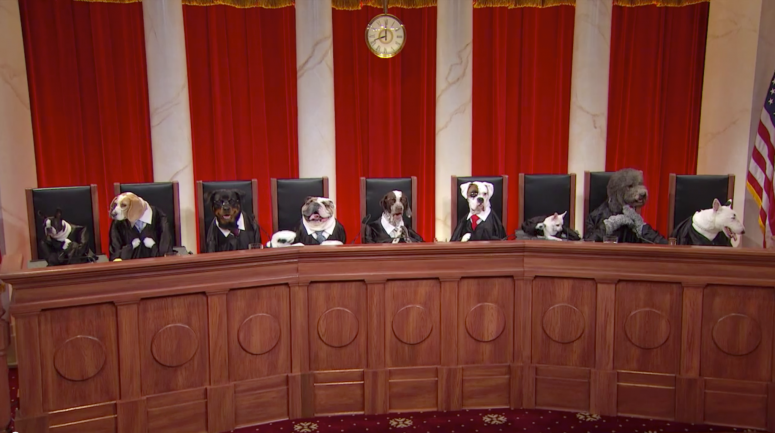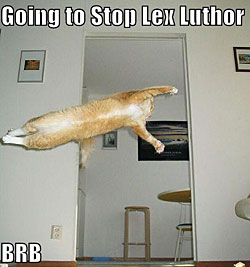
credit: last week tonight
I believe final, condemning, or otherwise hasty judgment of others is like hatred. It is learned, immoral, and vile behavior that worsens with age and leads to unhappiness.
Obviously, we’re required to make mortal judgments on the accused if on jury duty. And we need to judge the fruits and motives of others to make important decisions in life, such as choosing friends, voting for government leaders, engaging in business transactions, shielding our children from danger, or marrying someone.
(Similarly, hatred of conditions—never people—can inspire action, but that’s another story).
While many of us struggle in making the above judgments, all of us suck when it comes to judging others out of misguided fear, selfishness, or an attempt to validate our lifestyle over another’s. It is this type of misjudgment that is so difficult to avoid.
Earlier this year, I learned a useful trick for combating this. Continue reading…
Paul Ford shared some inspiring advice recently on being polite. He writes:
“Here’s a polite person’s trick, one that has never failed me… When you are at a party and are thrust into conversation with someone, see how long you can hold off before talking about what they do for a living. And when that painful lull arrives, just ask the other person what they do, and right after they tell you, say: ‘Wow. That sounds hard.'”
This works because everyone believes their job is difficult, Ford says, which is actually true when you consider their circumstances. “People silently struggle from all kinds of terrible things,” he continues. “They suffer from depression, ambition, substance abuse, and pretension. They suffer from family tragedy, Ivy-League educations, and self-loathing. They suffer from failing marriages, physical pain, and publishing.
“The good thing about politeness is that you can treat these people exactly the same. And then wait to see what happens. You don’t have to have an opinion. You don’t need to make a judgment.”
You just need to care, he concludes. You can start by looking others in the eye and asking their name with a smile and firm handshake. Then keep it up over time to ensure your politeness is enduring. After all, fleeting politeness is forgettable, Ford says. Lasting politeness is memorable and makes an impact.

Cinemgraphical
I’ve vouched for “email free” nights and weekends for several years now. Work-related email, that is. With proper planning and discipline, I’m convinced 99% of white collar workers would benefit, especially when allowing for no more than 3-4 emergency checks per year. Continue reading…
 “Blake is abandoning the internet until Monday,” I wrote Wednesday afternoon on my Facebook status. It wasn’t a pithy attempt to grab attention. I meant it. And I’m happy to report that I stayed the course.
“Blake is abandoning the internet until Monday,” I wrote Wednesday afternoon on my Facebook status. It wasn’t a pithy attempt to grab attention. I meant it. And I’m happy to report that I stayed the course.
In doing so, I was able to unconditionally enjoy my family’s company during Thanksgiving. It also reinvigorated my professional spirits, ideas, and motivation as I turned to off-line content (you know, books). Granted, I rarely, if ever, have a case of the “Mundayz,” because I enjoy what I do. But today, I’m rearing to go, more than normal. And the break provided some much needed inspiration.
I’ve gone longer than four days without using the internet, namely during designated week-long vacations. But from now on, I’m committed to doing so on the weekends as well. What a novel idea, eh? Taking a break on the weekend.
Note: I’m (still) planning my attempt to ditch the Internet for an entire year



 “Blake is abandoning the internet until Monday,” I wrote Wednesday afternoon on my Facebook status. It wasn’t a pithy attempt to grab attention. I meant it. And I’m happy to report that I stayed the course.
“Blake is abandoning the internet until Monday,” I wrote Wednesday afternoon on my Facebook status. It wasn’t a pithy attempt to grab attention. I meant it. And I’m happy to report that I stayed the course.